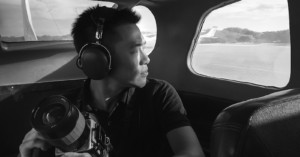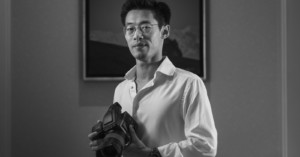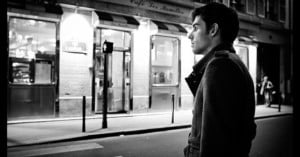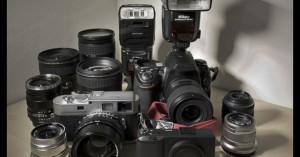
Full Circle: MingThein.com is Going Into Retirement
Almost 20 years ago to the day, a teenager made an unwise camera choice1 to record what he was experiencing in case he might later forget. In reality, the choice was really to consciously notice the world around him and single out the bits that mattered – starting immediately with the things he was involved in, which at the time was the crazy period of growing up known as ‘university’.






